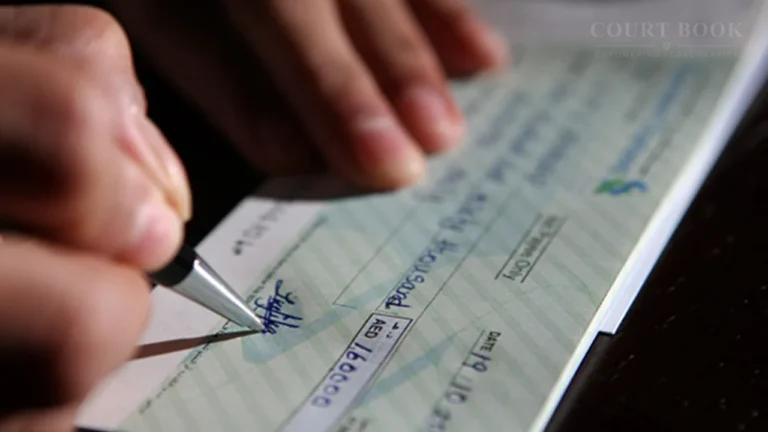In a notable order passed on October 8, 2025, the Madhya Pradesh High Court at Indore clarified that complainants in cheque bounce cases under Section 138 of the Negotiable Instruments Act (N.I. Act) no longer need special permission from the High Court to file an appeal. The ruling came in Smt. Firoja vs. Smt. Mumtaj (CRA-8693-2023), heard by Justice Gajendra Singh.
The decision comes on the heels of the Supreme Court's judgment in M/s. Celestium Financial vs. A. Gnanasekaran (2025 INSC 804), which held that complainants in such cases should be treated as victims and therefore enjoy the same rights to appeal as any other aggrieved party under the Bhartiya Nagrik Suraksha Sanhita (BNSS), 2023.
Background
The appellant, Smt. Firoja, had filed a complaint under Section 138 of the N.I. Act alleging that the respondent, Smt. Mumtaj, had defaulted on a cheque payment, causing financial loss. The trial court in Mandsaur acquitted the accused in May 2023. Aggrieved by this decision, Firoja approached the High Court seeking leave to appeal under Section 419(4) of the BNSS (previously Section 378(4) of the Criminal Procedure Code).
However, before the court could consider the maintainability of the appeal, the matter took an important legal turn following the Supreme Court’s ruling in Celestium Financial.
Court's Observations
Justice Gajendra Singh referred extensively to the Supreme Court's interpretation of the term "victim" under Section 2(y) of the BNSS (formerly Section 2(wa) of the CrPC). The apex court had observed that in cheque dishonour cases,
"the complainant is clearly the aggrieved party who has suffered economic loss and injury due to the dishonour of the cheque."
The High Court noted that the Supreme Court's reasoning effectively elevated the complainant’s status to that of a victim, thereby granting them an independent right to appeal under the proviso to Section 372 of the CrPC (now Section 413 of the BNSS).
Quoting from the Supreme Court's ruling, Justice Singh said:
"It would be just, reasonable and in consonance with the spirit of the law to hold that the complainant under the N.I. Act qualifies as a victim… Consequently, such a complainant ought to be extended the benefit of the proviso to Section 372, enabling him to maintain an appeal against an order of acquittal in his own right."
This observation reshapes how appeals in cheque bounce cases will be handled - shifting the appellate jurisdiction from High Courts to the Sessions Courts and reducing procedural hurdles for complainants.
The Legal Shift Explained
Earlier, under Section 378(4) of the old Criminal Procedure Code, a complainant in a cheque dishonour case could appeal an acquittal only after obtaining special leave from the High Court. This requirement often delayed or discouraged genuine appeals due to procedural complexity.
Now, under the BNSS framework, and reinforced by this judgment, such complainants can directly file an appeal before the Sessions Judge within the prescribed time limit, without needing special permission.
Justice Singh remarked that this change aligns with the principle of equal access to justice, where a victim’s right to appeal should not be weaker than that of a convicted person’s right to challenge conviction.
Decision
Based on the Supreme Court's Celestium Financial decision, the Madhya Pradesh High Court concluded that:
“The complainant under Section 138 of the N.I. Act, 1881 is not required to seek leave to appeal from the High Court under Section 419(4) of the BNSS, 2023. He may prefer an appeal under the proviso to Section 372 of the CrPC.”
The court accordingly disposed of the appeal, granting the appellant liberty to file a fresh appeal before the Sessions Judge within 60 days. It also directed the lower court to decide the appeal without raising limitation objections if filed within the specified period.
Before concluding, Justice Singh ordered the return of the certified copy of the impugned judgment to the appellant after keeping an attested photocopy on record.
Case Title: Smt. Firoja vs. Smt. Mumtaj
Case Number: Criminal Appeal No. 8693 of 2023
Date of Judgment: 8 October, 2025
Advocate for Appellant: Shri Anshul Shrivastava
Advocate for Respondent: (Not mentioned in the order)















